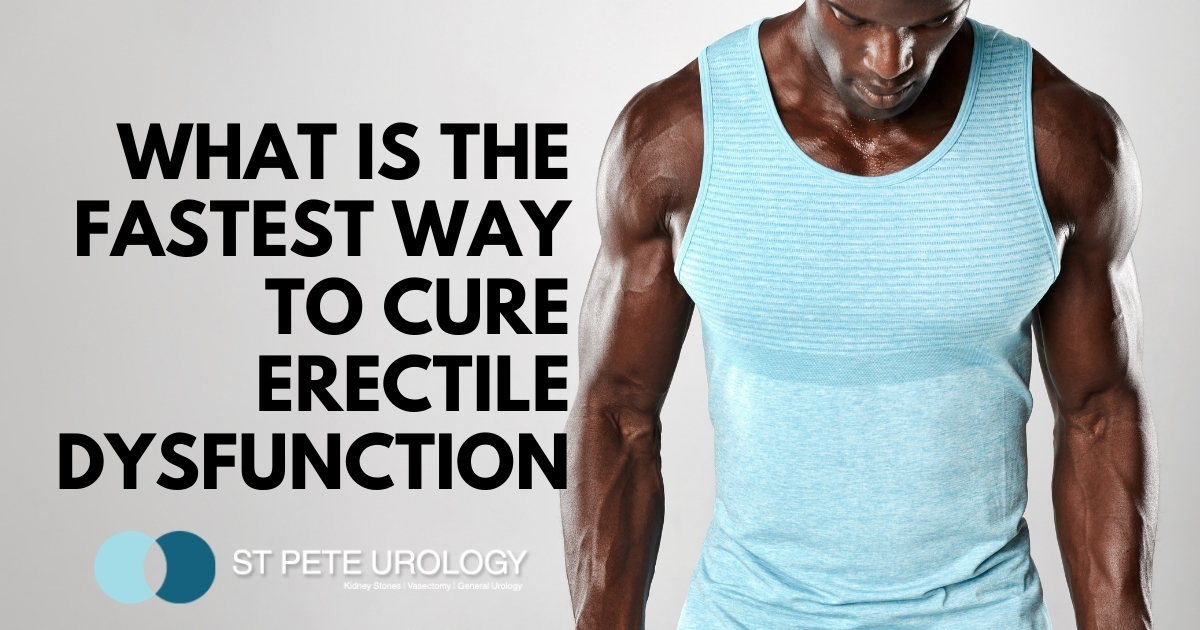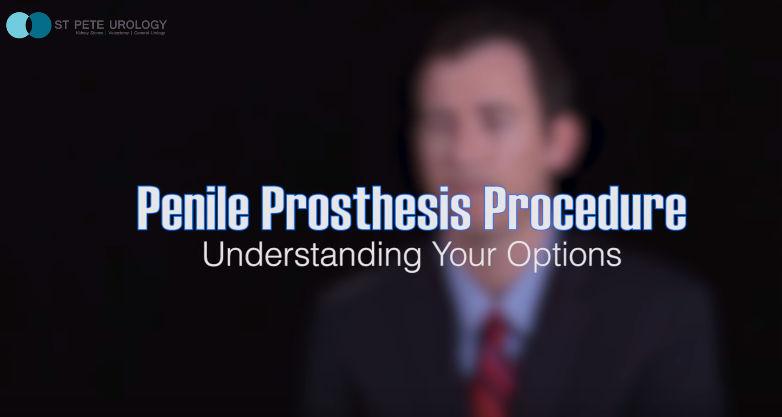Key Takeaways:
- Leading a healthy lifestyle by engaging in regular physical activity, eating a balanced diet, quitting smoking and moderating alcohol consumption, and managing stress can help to prevent or mitigate the effects of ED.
- Sedentary lifestyle, unhealthy diet, smoking, alcohol consumption and stress and anxiety can all contribute to erectile dysfunction.
- Seek medical advice if symptoms persist despite making lifestyle changes.


Sedentary Lifestyle: Why Sitting May Be Your Worst Enemy
It’s no secret that many Americans lead largely sedentary lives. Hours spent sitting at desks, in front of screens, and commuting can all lead to reduced physical activity. For the average person, this lack of exercise can contribute to weight gain, heart disease, and diabetes. But for men, it can also lead to erectile dysfunction. A sedentary lifestyle can lead to decreased blood flow, a key factor in obtaining and maintaining an erection. To combat this, consider incorporating physical activity into your daily routine. Even something as simple as a walk around the block or taking the stairs instead of the elevator can make a difference.
Unhealthy Diet: How Food Plays a Role in Your Sexual Health
If you think the food on your plate doesn’t have any bearing on your ability to achieve an erection, think again. An unhealthy diet can contribute to erectile dysfunction in several ways, including clogging arteries and reducing blood flow to the penis. A diet high in saturated fats, sugars, and processed foods can exacerbate the problem. To maintain a healthy diet, focus on consuming whole foods like fruits, vegetables, lean proteins, and whole grains, while also staying mindful of portion sizes and eating in moderation.
Smoking and Alcohol Consumption: The Double-Edged Sword
While a glass of wine or two might help you relax and get in the mood, excessive alcohol consumption can have the opposite effect. Similarly, smoking can decrease blood flow to the penis, making it difficult to achieve an erection. Both of these lifestyle habits have been linked to erectile dysfunction. The solution? If you smoke, consider quitting. As for alcohol, moderation is key. Limit your alcohol consumption and consider reserving those drinks for special occasions.
Stress and Anxiety: The Silent Killers
Stress and anxiety are an unavoidable part of modern life, but what you might not know is that they can contribute to erectile dysfunction. When you’re stressed or anxious, your body produces cortisol, a stress hormone that constricts blood vessels and can make it difficult to achieve an erection. To combat stress and anxiety, consider adopting stress-reduction techniques such as meditation, deep breathing exercises, and engaging in hobbies that bring you joy and relaxation.
In Conclusion: Take Control of Your Sexual Health
It’s clear that your lifestyle can play a significant role in contributing to erectile dysfunction. Leading a healthy lifestyle by engaging in regular physical activity, eating a balanced diet, quitting smoking and moderating alcohol consumption, and managing stress can all help to prevent or mitigate the effects of ED. However, if you find that your symptoms persist despite making these changes, it’s important to seek medical advice.
Located in St. Petersburg, FL, St Pete Urology is a urology practice committed to helping patients understand and address their sexual health concerns. If you’re struggling with ED, don’t hesitate to reach out to their team of experienced urologists for a personalized approach to finding the solution that’s right for you. Remember, taking control of your sexual health starts with understanding the ED causes and making the necessary lifestyle changes.
References:
- “Erectile dysfunction – Symptoms and causes – Mayo Clinic.” 29 Mar. 2022, https://www.mayoclinic.org/diseases-conditions/erectile-dysfunction/symptoms-causes/syc-20355776.
- “Can Stress and Anxiety Cause Erectile Dysfunction? – Healthline.” https://www.healthline.com/health/erectile-dysfunction-anxiety-stress.
- “Why Boozing Can Be Bad for Your Sex Life – Erectile Dysfunction ….” 4 Jan. 2012, https://www.everydayhealth.com/erectile-dysfunction/why-boozing-can-be-bad-for-your-sex-life.aspx.
- “What foods can help combat erectile dysfunction?.” https://www.medicalnewstoday.com/articles/foods-for-erectile-dysfunction












